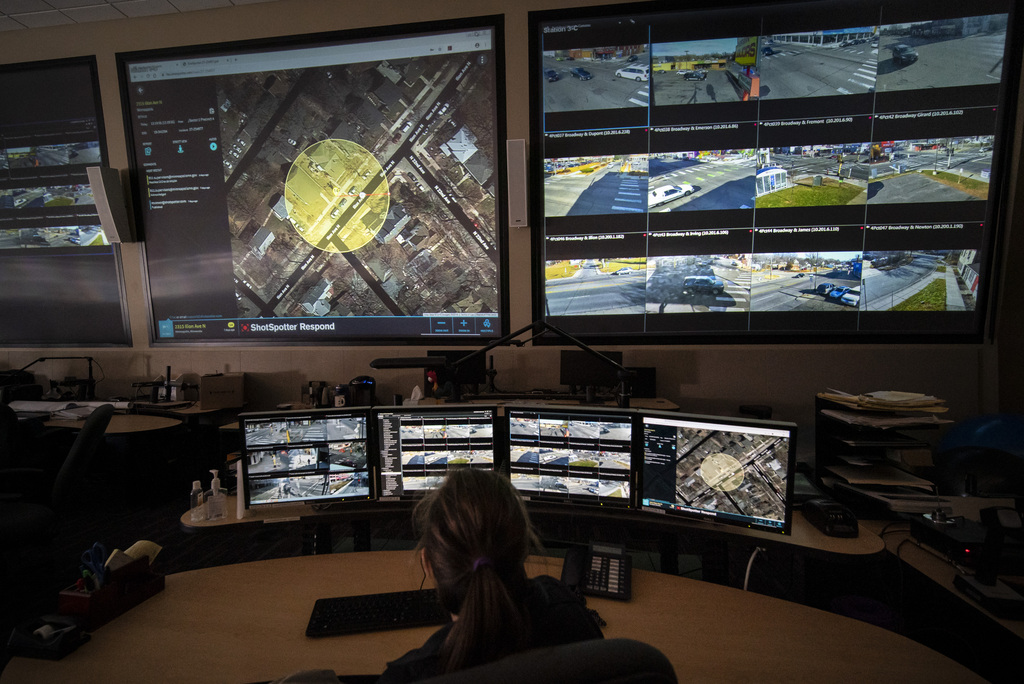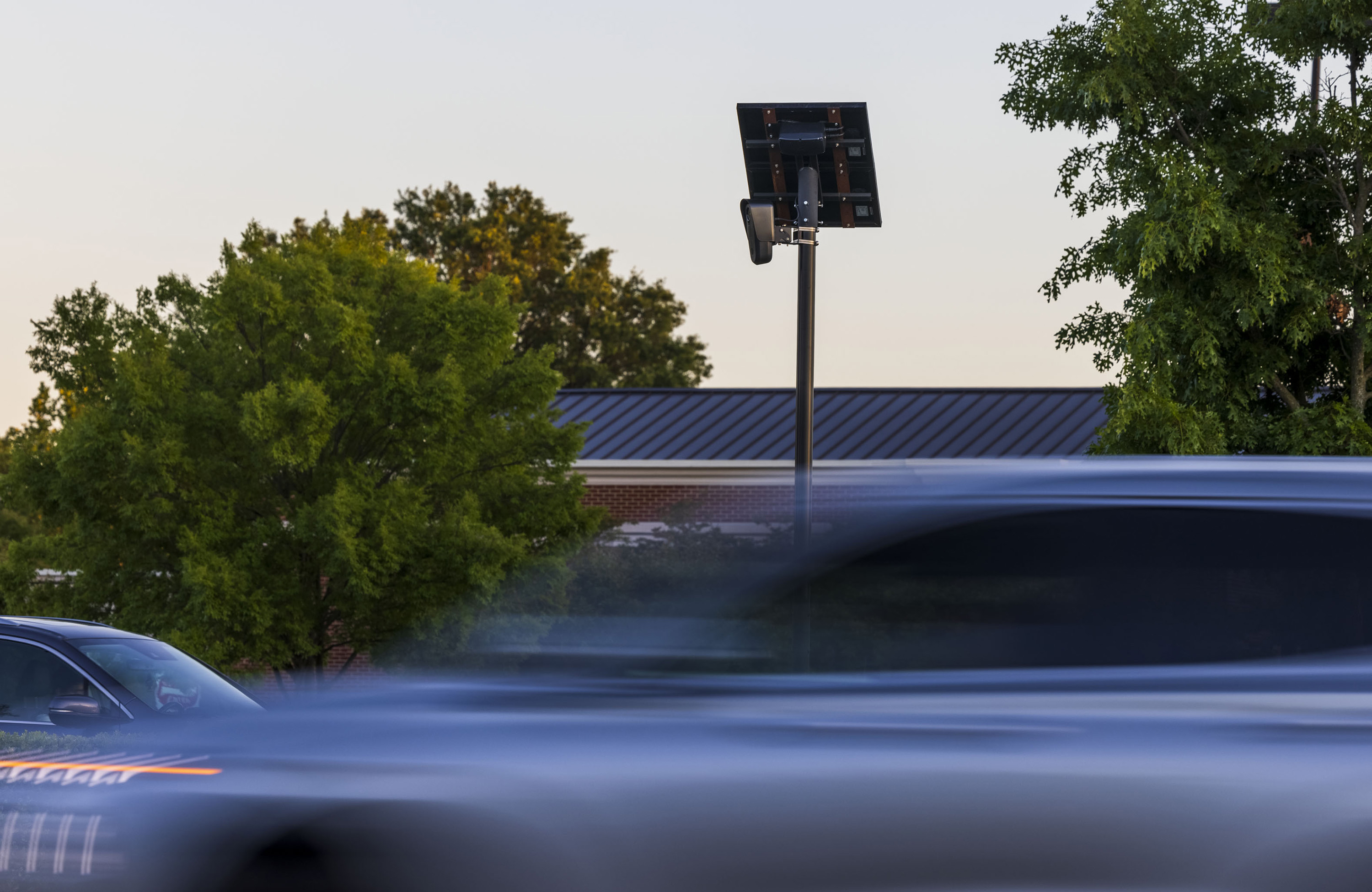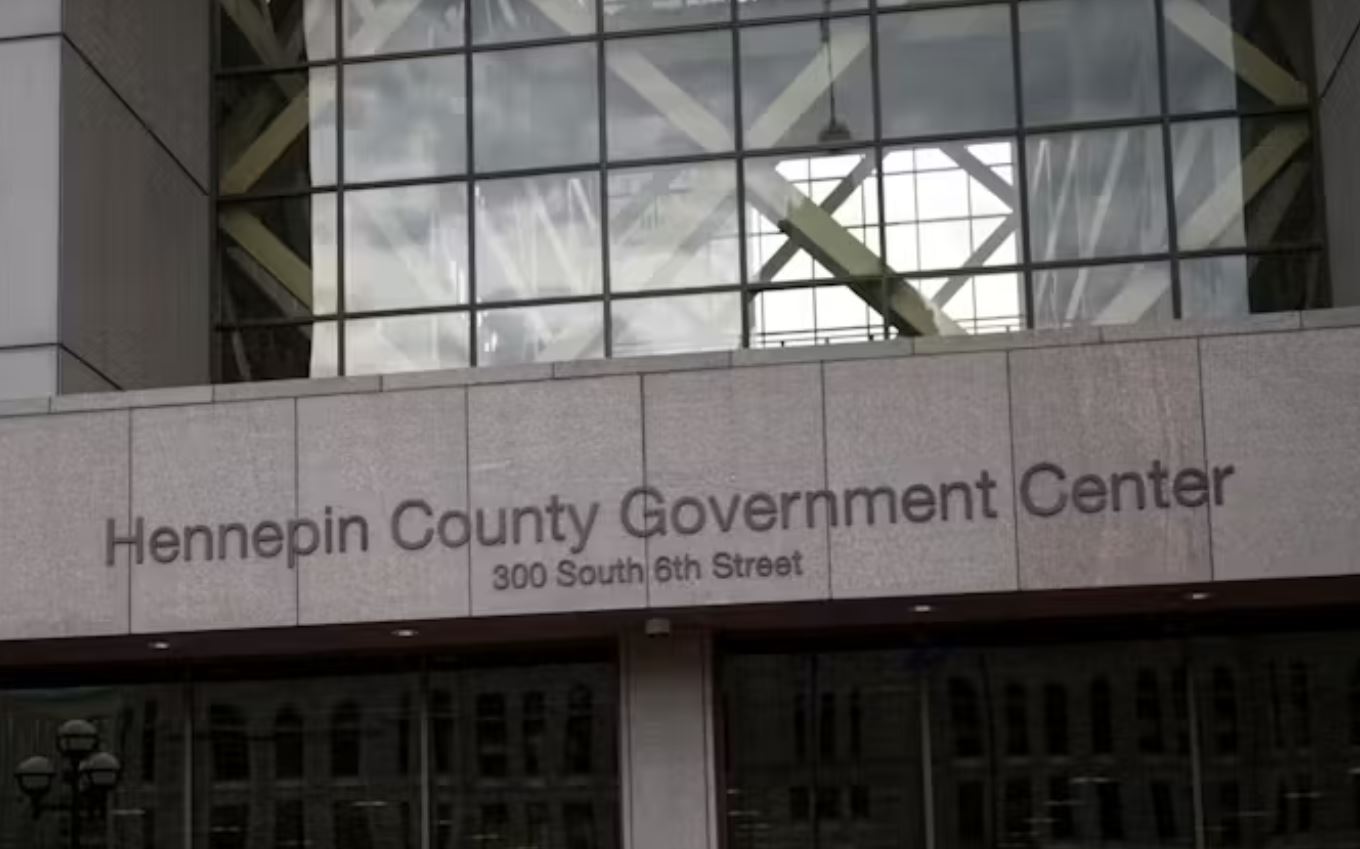Star Tribune
Lawsuit against Kia, Hyundai includes option to get anti-theft device from Minneapolis start-up firm

A Minneapolis startup that last year debuted car-tracking tags to help police find and recover stolen vehicles is bracing for an uptick in sales now that owners of certain models of Kia and Hyundai vehicles can buy one of the devices and get reimbursed.
TC Nighthawks on Monday was already getting calls and emails from people inquiring how to get one of the GPS-equipped tags and take advantage of the benefit outlined in the $200 million settlement of a class-action lawsuit against the Korean automakers.
Notices about the settlement and how to recoup money for out-of-pocket expenses related to thefts and attempted thefts were to be delivered by mail and email this week, the settlement said.
“We are honored to be part of the solution,” said Lacey Gauthier, who launched TC Nighthawks after a rash of car thefts in her south Minneapolis neighborhood.
A Seattle-based law firm filed the suit in August 2022 on behalf of about 9 million people who bought or leased Kia or Hyundai vehicles manufactured between 2011 and 2022. The suit contended the companies failed to install engine immobilizers in some models that featured a traditional insert-and turn-key-style ignition system, leaving vehicles vulnerable to theft.
Kia and some Hyundai vehicles have been popular targets for thefts nationwide. Videos online, coined the “The Kia Challenge,” exposed the vehicle’s defects and showed how simple it is to start them without a key and drive them away.
Immobilizers prevent most vehicles from being started unless a code is transmitted from the vehicle’s smart key, according to Hagens Berman, the law firm that filed the suit.
A California court approved a preliminary settlement last fall that calls for the companies to provide free software upgrades that will prevent vehicles from starting when a key or key fob is not present. For vehicles not eligible for software upgrades, the settlement allots up to $300 per vehicle to cover owners’ costs of buying a wheel lock, glass-breakage alarm or anti-theft system. TC Nighthawks sells its tags for $299, meeting the price point reimbursement as outlined in the suit, Gauthier said.
A final settlement approval is set for July 15 in a California court. Payments will be made after any appeals are resolved, the law firm said.
TC Nighthawks’ tags use GPS, Bluetooth and satellite technology to locate a vehicle’s whereabouts. If a car with a tag is stolen, the victim can report it to police, get a case number and immediately call TC Nighthawks. With an app developed in-house, a Nighthawks dispatcher tracks and follows along with police dispatch. That helps police zero in on where a vehicle is and improves the odds of recovery.
In addition, Nighthawks has a team of specialists who operate drones with cameras to capture footage that could identify suspects and give police a look at what they might encounter when arriving on the scene.
In response to the thefts, Kia has donated free steering wheel locks to some police departments to distribute, but thefts continued and prompted the lawsuit.
“If you are a single-car family, that is a huge loss,” said Nighthawks team member and former police detective Jim Thorburn. “The Club is a first line of defense, but it does not help get your car back. We are a third-party solution to secure your vehicle.”
With its motto “We’ll keep one eye open … so you can close both of yours,” Nighthawks has grown from a tiny staff to a team of 60 people, including technology experts, security specialists and former police detectives. Nighthawks also has 3,900 drone pilots nationwide where it offers its services.
Nighthawks declined to give sales figures, but says they are up “5,000%” since it sold its first two units last March. The company is expecting to get a lot more orders with the reimbursement option now on the table, and since it has expanded operations beyond the Twin Cities.
“We are bringing new technology to an old problem,” Gauthier said. “We are not trying to be the police. We are trying to get cars back to the family.”
Star Tribune
Minneapolis Council approves limited expansion of gunshot detection system

Triggered by loud percussive sounds, the surveillance network captures audio clearly enough to triangulate the location of gunshots down to the exact block, determine how many rounds were fired and whether there were multiple shooters. ShotSpotter does not, however, purport to reduce overall gun violence.
Yet, a growing body of research questioning the system’s reliability in recent years has intensified scrutiny by activists and academics when those contract renewals came before local government bodies.
Critical reports by Chicago’s Office of Inspector General and the New York City Comptroller accused ShotSpotter of being a resource drain, often sending officers chasing alerts where no evidence of a shooting exists. In New York, the audit found that it also failed to detect more than 200 real incidents of gunfire in 2022 around Manhattan.
In Minneapolis, an examination of 4,100 police responses to ShotSpotter activations throughout 2022 shows about 70% with dispositions indicating police didn’t encounter anything – no victims, shell casings or physical evidence of a shooting – upon arrival, according to a Star Tribune analysis of 911 dispatch data.
This is a breaking news story and will be updated.
Star Tribune
Brooklyn Park to add license plate readers for police investigations

Police in Brooklyn Park will soon have a new tool to track and find vehicles wanted in connection with shootings, abductions, car thefts and other violent crimes.
The City Council earlier this month authorized the Police Department to enter into a $28,000 contract with Flock Safety to install eight license plate readers that use cameras to take photos of the rear license plates of vehicles as they pass by. The devices alert police about vehicles that might be connected to serious crimes, Police Chief Mark Bruley said.
The technology “is a huge step forward in that work,” Bruley said, noting it can help identify vehicles wanted across the metro when they come into the city of Brooklyn Park.
The cameras do not take photos of drivers’ faces, Bruley said. Nor will they be used to issue citations for speeding, parking or equipment violations. But the cameras can identify the color and type of vehicle and other features such as if a vehicle has damage, the chief said.
Several agencies that already have the system have shared information with Brooklyn Park police and “we have solved many of our violent crimes through this system,” Bruley said.
The Eden Park Apartments installed the system on its own, and earlier this year shared information with Brooklyn Park police about a vehicle believed to be connected to a shooting. Officers tracked the suspect vehicle to Fridley and made an arrest, closing a case “that would have not been solved for who knows how long. In less than 12 hours, it was all wrapped up,” Inspector Elliot Faust said.
Bruley said only detectives can access data that will be stored for 30 days to prevent unauthorized use. An outside firm will audit usage every two years to ensure the department is following state laws.
The city has not yet determined where the cameras will go, but hopes to have them operational in the next few months.
Star Tribune
More than 40 years later and thanks to advances in DNA technology, a man has received a 20-year term for a murder in the Uptown area of Minneapolis.

Thanks to advances in DNA technology, a man has received a 20-year prison term for a murder in the Uptown area of Minneapolis more than 40 years ago.
Matthew Russell Brown, 67, of Ingleside, Ill., was sentenced Wednesday in Hennepin County District Court after pleading guilty to second-degree murder in connection with the stabbing of Robert A. Miller at a home in the 3200 block of S. Girard Avenue in 1984.
With credit for time in jail since his arrest in June 2023, Brown is expected to serve the first 12½ years of his sentence in prison and the balance on supervised release.
The Hennepin County Attorney’s Office said the linchpin in the case was a disposable cup discarded by Brown that contained DNA matching the blood at the scene.
“As we all know, advances in technology have improved DNA analysis,” the Minneapolis Police Department said in a statement released at the time of Brown’s arrest. “Over the past eight years, MPD homicide investigators assigned to the FBI’s Cold Case Task Force have been working diligently with the BCA Forensics Lab to identify DNA found at the scene and narrow down a possible list of suspects. One lead led to another until the MPD homicide investigators were able to identify a suspect in the case.”
At 2:30 a.m. on July 19, 1984, police arrived at Miller’s apartment , where two women in the hall said a man armed with a knife had broken into the building and attacked them.
Officers found Miller dead with “stab wounds to his face, head, chest, back and shoulders,” the complaint read.




